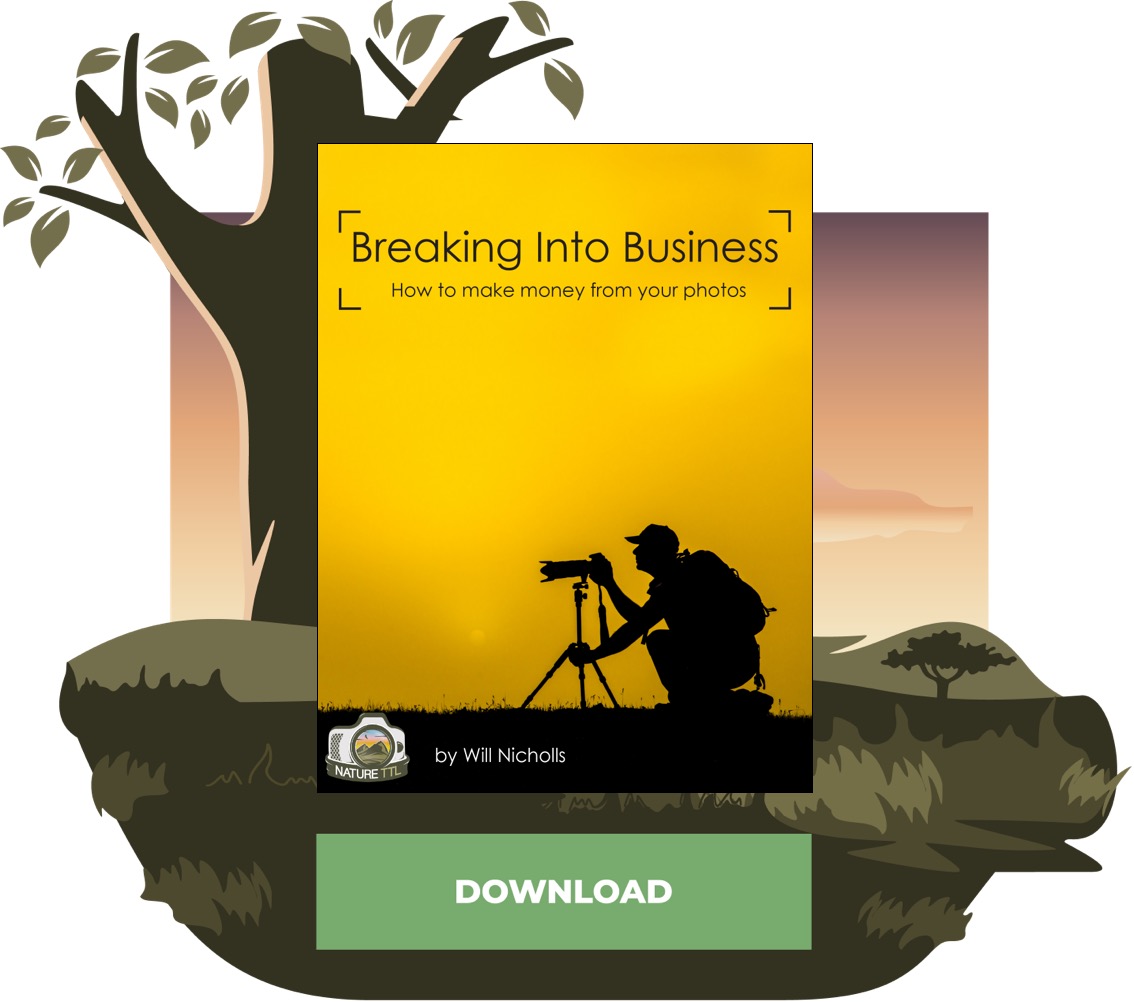Getting a New Camera? Here’s 7 Things You Need to Know

There comes a time in every photographer’s life when they wave goodbye to their old camera, and say hello to a shiny new DSLR with all sorts of bells and whistles that its predecessor couldn’t possibly compete with. It’s also easy to buy the wrong camera if you don’t put enough thought into the upgrade.
There are all sorts of things you need to consider when you’re selling and buying cameras. Here are some things you should know before you click the ‘Buy It Now’ button on eBay!


#1 The difference between DSLR and Mirrorless cameras
We’re getting asked this question more and more now: “should I be buying a mirrorless camera?”. They’re create a bit of a buzz nowadays, with many advantages exceeding the limitations of DSLR cameras making them attractive to a number of photographers. Lots of this is to do with size and usability.
I recommend that if you’re looking to get a new camera, you should know the difference between DSLR and Mirrorless offerings. You can find out exactly what the fuss is about in our article DSLR or Mirrorless? What’s the Difference.

#2 Full frame or crop sensor?
You might be limited by your budget, but if you’re in the market for a full frame camera then you should make sure you know all of the pros and cons. Both full frame and crop sensors have their advantages and disadvantages, with each being more suited to different styles of photography. In fact, I know of some professional wildlife photographers that have ditched their full frames for the improving standard of crop sensor cameras.
Read up about all the difference in our article The Difference Between Full Frame and Crop Sensors.
#3 How many megapixels do you need?
It can be tempting to get as many megapixels as you can in your new camera. Sure, the high resolution images do record a massive amount of detail and never stop being impressive when you crop in on an image. However, they’ll slow you down on frame rate and emphasise any poor technique resulting in things such as slightly soft images.
Read more in Megapixels: How Big Can You Really Print a Photo?
#4 The number of times your old camera has fired the shutter
If you’re selling a camera, then you need to know how many times the shutter has fired (the number of actuations). Any buyer who knows what they are doing will look for this number. If you were buying a car, you’d want to know the number of miles it has driven. It’s exactly the same principle here – cameras wear out too.
How to get this count varies between camera brand, and it isn’t the number in each photo’s file name. Canon are notoriously difficult to get shutter actuation information from. We’ve decoded the mystery around finding the count in our article How to Find Your Camera’s Shutter Actuation Count.

#5 Some things to help you befriend your new camera
Once you’ve got your new camera, you’ll want to stay on its good side. Forgive the anthropomorphism, but there are a number of things your camera would want you to know if it could talk! This article is a bit of fun, but actually it has some really handy things you should think about when trying to make the most of your equipment.
There’s more at 7 Things Your Camera Wishes It Could Tell You.
#6 Do you really need to upgrade?
It can be tempting to upgrade to get better photos. This is sadly not the reality though, unless you’re hitting the real limitations in what your camera can do. Instead, improving your technique is a cheaper and more successful way of getting better images. We have loads of tutorials that can help you with that. Perhaps this doesn’t echo with your motives, but there are still some things to think about to decide whether or not you’re really ready to upgrade.
Double check with our article 3 Telltale Signs You Should Upgrade Your Equipment.
#7 Keep the sensor clean
If you’ve decided to make the sale, then don’t send it away with a dirty sensor. That’s just plain rude! Sensors covered in dust are annoying and you wouldn’t want to buy a new camera that’s covered in dust. If you’ve not cleaned it in a while, then chances are there is dust there. You can do it yourself, and save a lot of money, or have it done professionally. It’s not as scary as it sounds, and with the right equipment you won’t damage the camera. In fact, it’s pretty hard to damage unless you’re using something not designed for the purpose. A chisel, for example, is not appropriate.
How to Clean Your Camera’s Sensor






